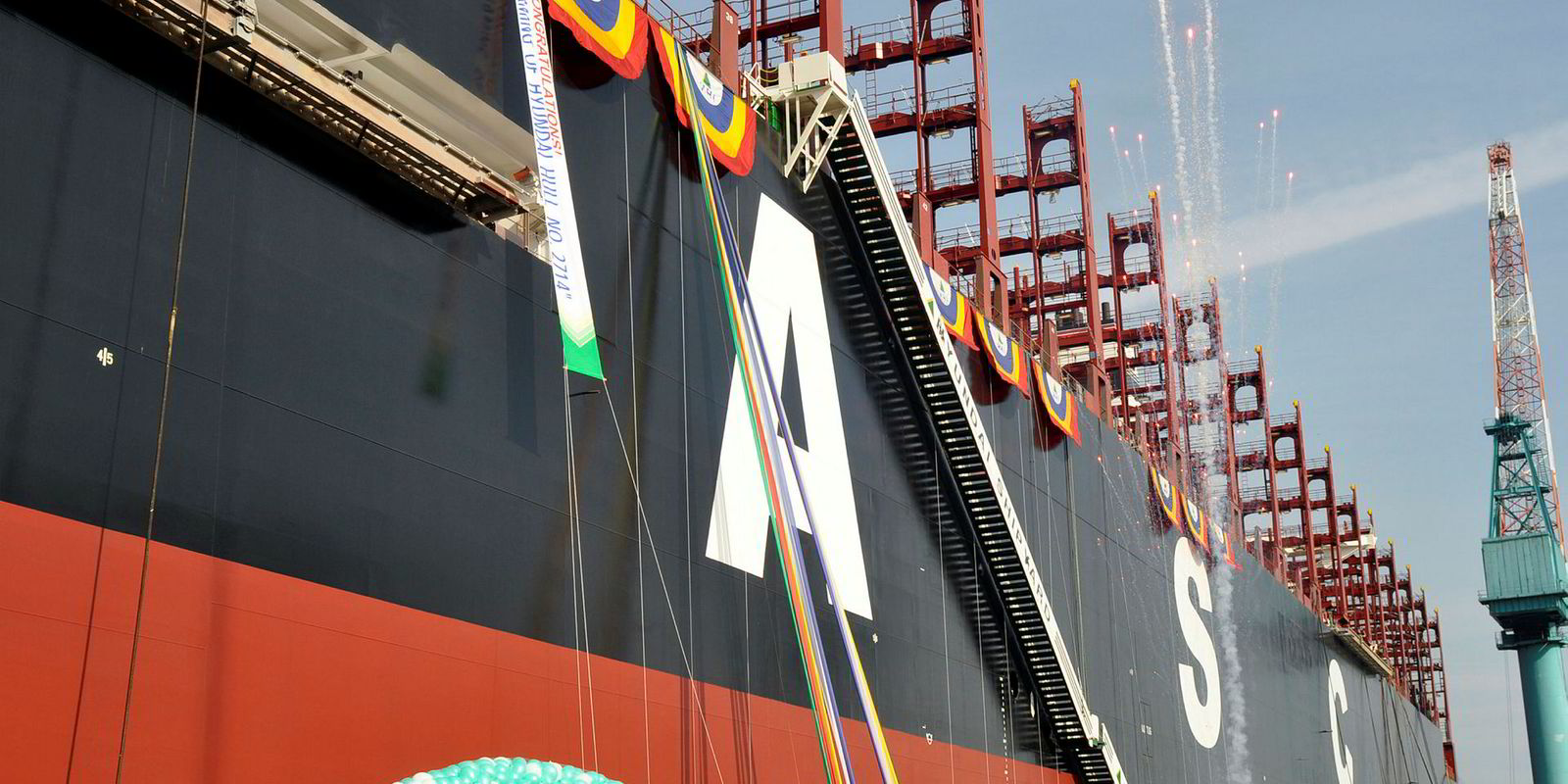Exhaust gas scrubbers offer a safe way to meet IMO 2020 guidelines without harming the world's oceans, according to numerous industry groups, shipowners and scrubber manufacturers.
"Ships operating an inert gas plant have discharged process water from open-loop scrubbers in the port area for over 50 years," the Exhaust Gas Cleaning Systems Association (EGCSA) says in response to Singapore officials banning their use in the Asian port.
"No studies have been published that indicate measurable harm to the marine environment."
The UK-based organisation, which was founded in 2008, says Maritime and Port Authority of Singapore chief executive Andrew Tan gave no scientific evidence for the ban and did not consult with industry experts.
"The EGCSA welcomes dialogue and evaluation based on science and evidence," it said in a public response to the ban on 5 December.
TradeWinds showed the EGCSA three scientific studies indicating that heavy metals from scrubbers and desulphurised high-sulphur fuel oil may harm the marine environment.
"I would need more time to do them justice and review them in full before I can comment in more detail," EGCSA director Donald Gregory says of the studies.
'Very good environmental solution'
CR Ocean Engineering, a US maker of exhaust gas scrubbers for ships, says a 2011 Environmental Protection Agency study came out before the scrubbers were used commercially on ships.
"Open loop discharge water is clear and contains very low levels of contaminants," president and chief operating officer Nick Confuorto tells TradeWinds.
He says metals in the exhaust gas come from burning fuel and the engine lube oils, not the scrubbers, which actually remove a large portion of the exhaust's particulate matter and metals from exhaust and therefore from the air.
"In doing that, scrubbers protect our lungs from harm and reduce premature deaths," he says.
Sulphur in ship exhaust is not as harmful to human health when placed in the sea instead of the air, and making low-sulphur fuel oil releases carbon dioxide into the air, he says.
He adds that low-sulphur fuel oil exhaust particulates end up deeper in human lungs than much larger high-sulphur fuel oil particulates.
"Scrubbers are a very good environmental solution for the next generation until a more elegant and cost-effective solution is found," he says.
Clean Shipping Alliance 2020 spokesman Hamish Norton has said that the negligible impact of scrubber effluents on the sea is “well-known, settled science”.
Norton is also president of Star Bulk Carriers, which plans to install scrubbers on its entire fleet of 105 bulkers.
He holds a doctorate in experimental high energy physics, which studies the universe's smallest units of matter, from the University of Chicago.
Norton did not return calls seeking comment on scientists' assertions that the impact of scrubber effluents on sea life is unknown and needs to be studied further.
The alliance, made up of 25 shipowners, stated in a question-and-answer session that scrubbers' release of polycyclic aromatic hydrocarbons and acidity levels of scrubber effluent are within IMO guidelines.
The IMO has said it plans to reassess such protocols.




